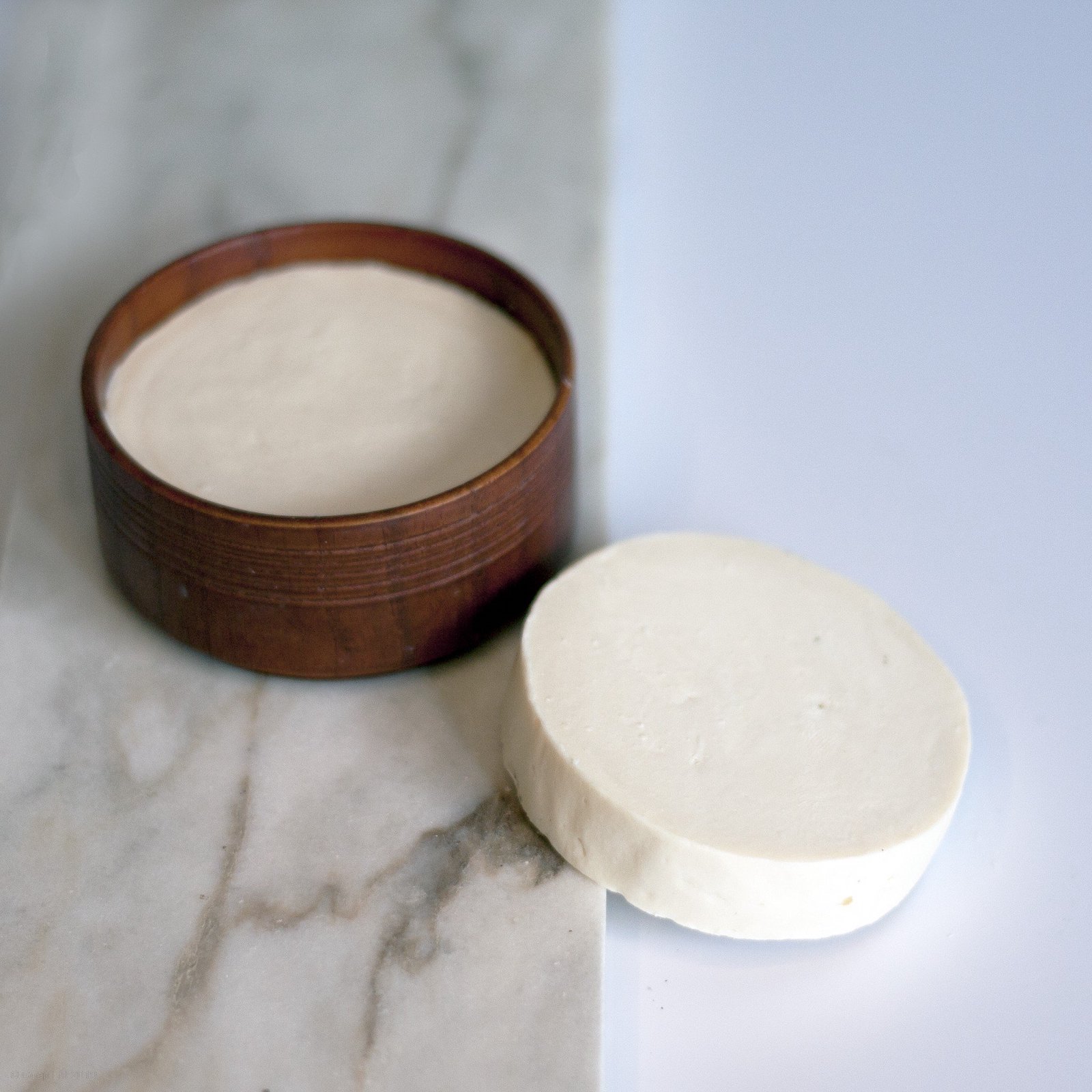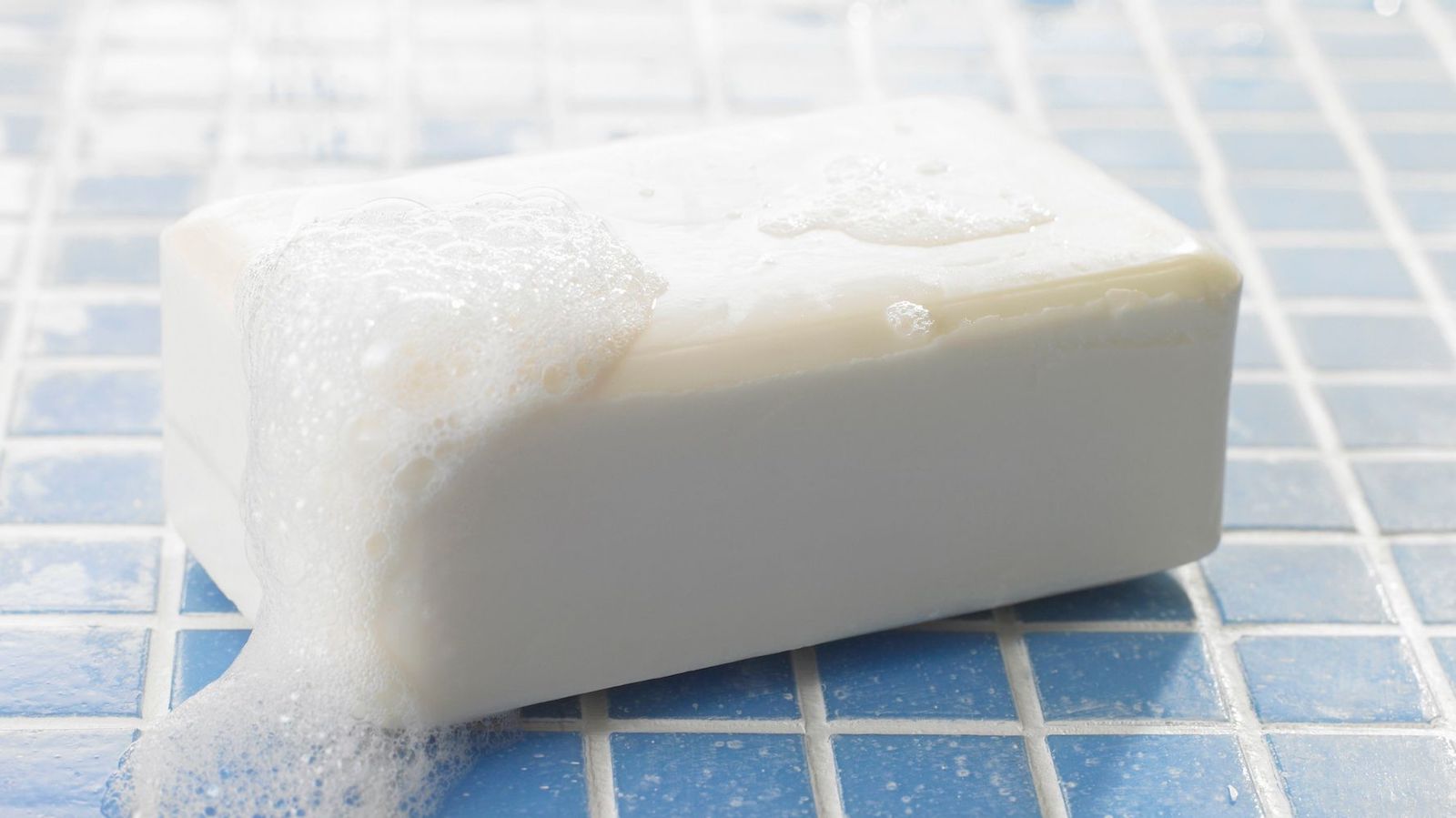
Shaving Soaps – Guide for Beginners
Shaving soaps have become more popular these days, with the resurgence of traditional wet shaving in men’s grooming techniques. It is also gaining popularity among women for shaving legs and underarms, as well as for handcrafting their own soaps to use in facial cleansing.
With the constantly changing trends, it can be difficult to have the most up-to-date information regarding the best shaving soaps. Fortunately, this guide will answer six of the most asked questions about shaving soaps to help you better understand how they work and why they are beneficial to shaving.

1. How do you use shaving soaps?
One of the best things about shaving soaps is that they are typically easy to use, especially when compared with shaving creams, foams, and gels. They come in puck form, much like a regular bar of soap, and it is typically recommended to use a shaving brush or your fingertips to create the lather – depending on the hardness of your soap.
Simply put some water on the top of your shaving soap and let it sit for a few minutes. Next, agitate the top of the soap with a shaving brush or your fingertips until it creates a rich lather that can be spread evenly across the areas you want to shave.

2. What is the difference between shaving soaps and regular soaps?
The main difference between shaving and regular soaps is that shaving soaps contain glycerin, which helps moisturize your skin while you shave. This is important because if the skin on your face is dry, it will be more likely to break out or become irritated.
Shaving soaps may also contain natural ingredients beneficial to your skin, such as aloe vera, essential oils, and rosemary extracts. These natural ingredients work as anti-inflammatories, antifungals, and even as astringents to help control inflammation and oil production on your face.
These natural ingredients also help to provide a pleasant and calming scent that makes the shaving soap double as a wonderful aftershave.
It is typically recommended to avoid shaving with regular hand soap as it usually contains many harsh chemicals and other ingredients that could be clogging or drying to your skin.

3. When should you start using shaving soaps?
There is no specific age when you should start using shaving soap instead of a cream or gel, although some may find it easier to use while they are just starting wet shaving.
Using shaving soaps isn’t tricky or complicated, but it does require some prerequisite knowledge – such as the proper way to shave with a straight-edge razor or double-edged safety razor. Additionally, the process of getting the soap to lather to your preferred consistency may take some time as you get used to working with a shaving brush.
If you are new to shaving and want to use a shaving soap, consider starting with a soft soap that is easier to work with and lather. This will keep it from drying out too fast while you are shaving and reduce any cuts, nicks, or irritation.

4. What is the difference between shaving soap, shaving foam, and shaving cream?
The main difference between shaving soap, shaving foam, and shaving cream is consistency. Shaving soaps are typically more solid than other shaving products, while creams and foams are more liquid.
Shaving soaps will also have more fats and glycerin in them to help facilitate a smooth, close, and clean shave. Fat and glycerin are what cause the best shaving soaps to lather, and the higher the fat or glycerin content, the more rich and creamy the lather will be.
Shaving creams, much like shaving soaps, will require water and agitation with a shaving brush or your fingertips. Shaving creams need to be mixed in a small bowl or mug prior to application and may require more than one application as you are shaving.
Shaving foams are probably the easiest to use for those with no experience whatsoever with shaving. They tend to come in an already lathered formula that doesn’t require a lot of prerequisite knowledge or techniques to ensure a close, smooth shave.

5. What is the best soap for sensitive skin?
There isn’t a specific shaving soap specifically manufactured as “sensitive skin” shaving soap. Still, there are several factors to look at when searching for a good quality soap for sensitive skin.
For example, avoid purchasing shaving soaps made from artificial fillers or synthetic chemicals such as parabens, harsh alcohols, or sulfates. These synthetic ingredients and fillers can be harsh on the skin and cause inflammation, dryness, or breakouts.
Instead, consider purchasing shaving soaps made with all-natural ingredients, as these tend to be better for individuals with sensitive skin. Do be sure to read the label on each shaving soap container to ensure that there are no ingredients – natural or otherwise – that you may be allergic to.
If you have sensitive skin that dries out quickly, it is also a good idea to look for a shaving soap that contains a high level of fats and glycerine, as these will help moisturize the areas you shave regularly and keep the skin from drying.

6. Do shaving soaps cause acne or razor bumps?
If your skin is prone to breakouts, using a good quality shaving soap that doesn’t contain artificial fillers might help keep those problems from flaring up as often. However, some individuals will find they still get razor bumps and blackheads from shaving with a shaving brush and shaving soap.
If you are using a quality, all-natural shaving soap with no artificial fillers or 100% natural ingredients and find that your skin is still dry or breaking out during/after the shave, you might want to look at how often you are wet shaving. Many men can get away with once-a-week shaves, but some need to shave every day, so determine what works best for your particular skin type.

The Takeaway
Shaving soaps are easy to use and can be an excellent way for individuals to get a close shave free from cuts and irritations. If you are considering switching to or using shaving soap, then purchase one made from all-natural ingredients that won’t dry your skin out or cause unsightly blemishes and skin rashes.







